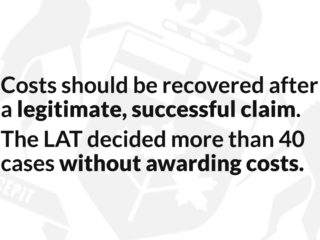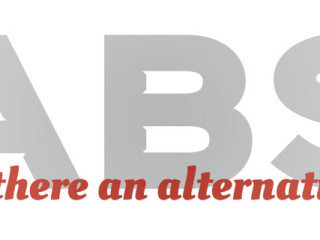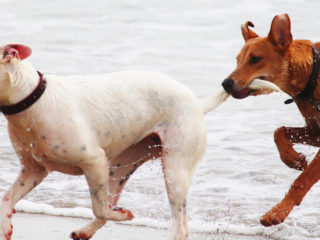Selecting a Jury
A jury panel is organized by the Sheriff for a county and consists only of persons who are Canadian citizens, residing in Ontario and at least 18 years old. The Sheriff will call anywhere from 100 to 1200 potential jurors depending upon the length and complexity of the trial.
The lawyers involved in the trial will receive a list of potential jurors complete with the information that they provided to the Sheriff including name and occupation.
On the day of jury selection, the jurors will all be brought into the court. The judge will ask the lawyers involved to read out a list of persons involved in the case including both parties and witnesses. Potential jurors should listen closely so they can speak up if they personally know anyone involved in the case – if so, they have a conflict of interest and cannot be on the jury.
The judge decides how exactly the jury will be picked, but generally speaking, the juror numbers are chosen at random from a box and they are called forward. The judge will ask the juror if there is any reason they cannot serve on the jury and this is when a juror can explain if they know a party or witness or if there is a reason that serving on the jury would cause serious hardships or loss.
After the judge decides whether a juror will be excused, the lawyers can decide to ‘challenge’ a juror, removing them from the jury. In a civil trial, each lawyer receives four ‘challenges’ and they can use them for any number of reasons – usually based on what issues they believe will come up at trial. Some lawyers prefer to remove potential jurors with expertise in a key issue at trial; for example, a truck driver if a truck was involved in the accident.
Expectations of all Jurors
Once a jury is selected, the judge will explain the responsibilities of being a juror and they will all be asked to swear on the bible or affirm that they will uphold the duties of a juror.
One of these responsibilities is secrecy during the trial. Jurors are not allowed to discuss details of the trial with anyone.
This issue was recently in the news in relation to the trial of former New England Patriots tight end Aaron Hernandez in Suffolk County Superior Court in Massachusetts. A post titled “Today, I watched a common street thug absolutely destroy high profile attorney Jose Baez on cross[-examination]” was submitted to Reddit, a popular online forum. The poster claimed to be “Juror 8.” The trial judge interrupted the proceedings during the defense’s cross-examination and reminded the jurors that they are not to be contacting anyone about the trial. Ultimately, the court was satisfied that the post was published by a person who was not a member of the jury. The case resulted in an acquittal, but the former NFL star was already serving a life sentence in a Massachusetts maximum security prison. Hernandez was found dead of an apparent suicide early this morning.
Even after the trial is concluded, jurors are not allowed to discuss any part of their deliberations or discussions that occurred away from the courtroom. Discussing private deliberations is a criminal offence.














